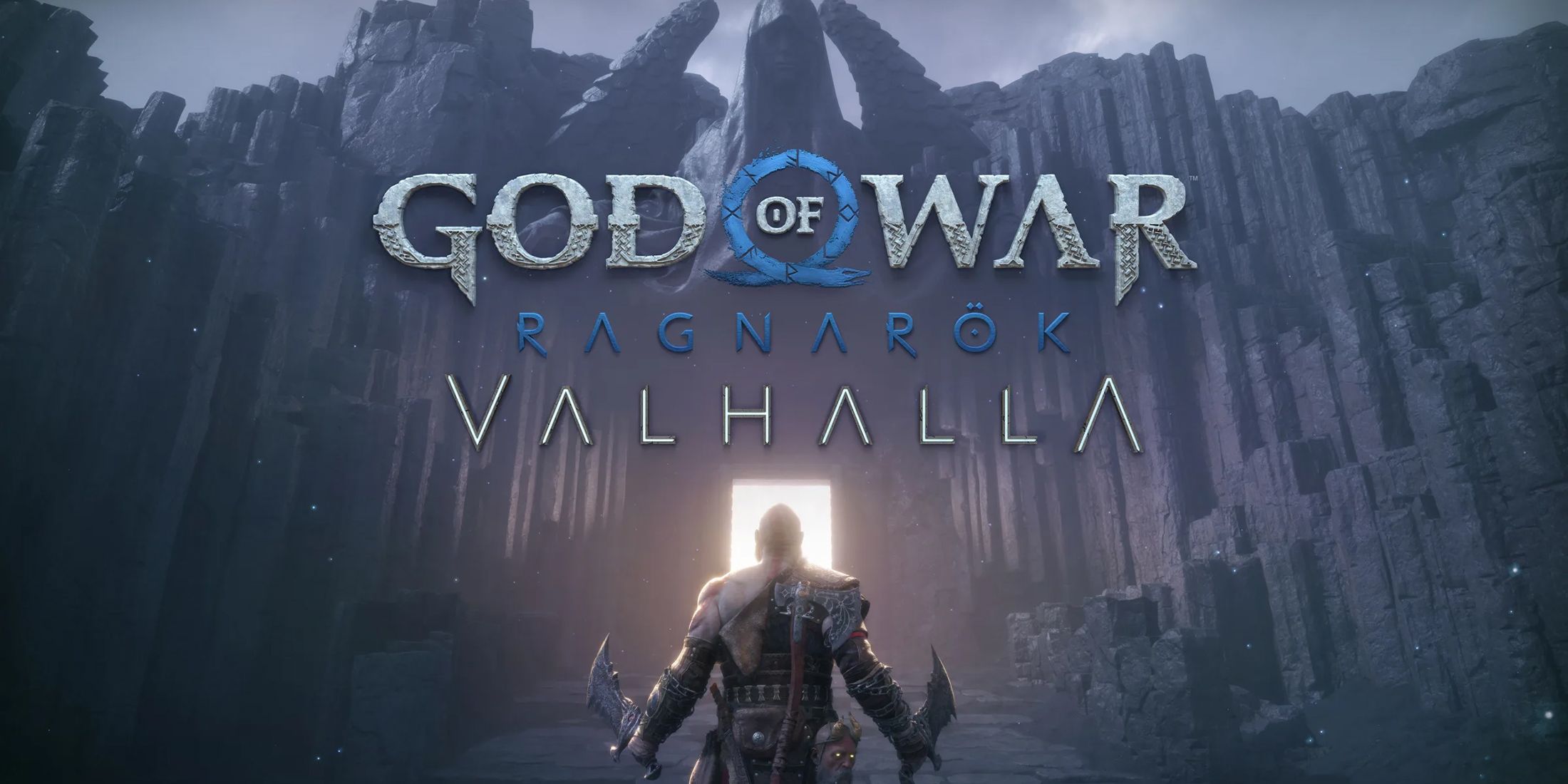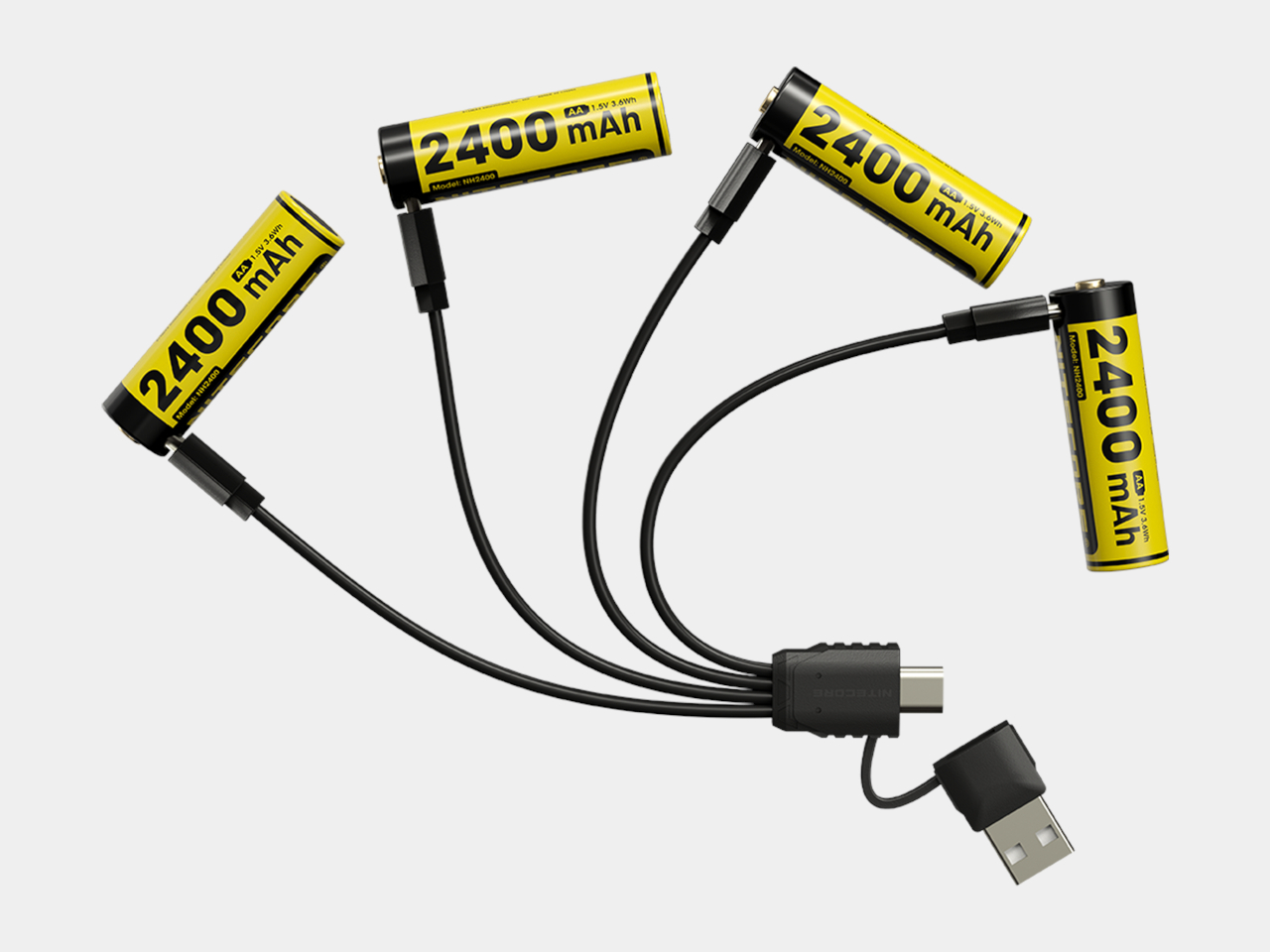0 Комментарии
0 Поделились

Каталог
Каталог
-
Войдите, чтобы отмечать, делиться и комментировать!
-
 WWW.YOUTUBE.COMUnreal Engine 5.5: Master the Pivot Tool for Dynamic Animations in SequencerIn this video, Ill demonstrate how to master the Pivot Tool in Unreal Engine 5.5 for creating dynamic animations in the Sequencer. Using a cyberpunk bar scene featuring robotic characters and a mechanical arm, Ill show you how to leverage the Pivot Tool to precisely rotate parts of the arm at different pivot points. Well use this workflow to animate the mechanical arm moving a bottle and placing it on a table, bringing life and interaction to the scene.This tool is a powerful alternative to creating bones and control rigs for minor scenes where simplicity and efficiency are key. Join me as we explore how the Pivot Tool can simplify your animation workflow and elevate your projects! Topics covered:Attaching objects to a moving part using constraints.Organizing and isolating assets in the Sequencer.Using the Pivot Tool in Edit and Pose modes for precise joint rotations.Potential use cases for the Pivot Tool in other animation workflows. Download and Purchase the scene and assets featured in this video:Cyberpunk Bar Scene: https://www.fab.com/listings/9936eb0a-1f97-4da0-a623-f6a519e39ebb (Special Thanks to Leartes Studios)Robotic Characters: https://www.fab.com/listings/69240f43-d821-4d4c-b5bd-e51eb28cac5c https://www.fab.com/listings/d6e9b743-cd19-48d9-879b-9ef1d6e6be09 Survival Character: https://www.fab.com/listings/11d20d01-b764-4936-8163-cb20d05c369e Dont forget to like, comment, and subscribe for more Unreal Engine tips and tutorials! Let me know how you use the Pivot Tool in your projects or if there are any topics you'd like me to cover in the future!#UnrealEngine5 #PivotTool #AnimationTutorial #UE50 Комментарии 0 Поделились
WWW.YOUTUBE.COMUnreal Engine 5.5: Master the Pivot Tool for Dynamic Animations in SequencerIn this video, Ill demonstrate how to master the Pivot Tool in Unreal Engine 5.5 for creating dynamic animations in the Sequencer. Using a cyberpunk bar scene featuring robotic characters and a mechanical arm, Ill show you how to leverage the Pivot Tool to precisely rotate parts of the arm at different pivot points. Well use this workflow to animate the mechanical arm moving a bottle and placing it on a table, bringing life and interaction to the scene.This tool is a powerful alternative to creating bones and control rigs for minor scenes where simplicity and efficiency are key. Join me as we explore how the Pivot Tool can simplify your animation workflow and elevate your projects! Topics covered:Attaching objects to a moving part using constraints.Organizing and isolating assets in the Sequencer.Using the Pivot Tool in Edit and Pose modes for precise joint rotations.Potential use cases for the Pivot Tool in other animation workflows. Download and Purchase the scene and assets featured in this video:Cyberpunk Bar Scene: https://www.fab.com/listings/9936eb0a-1f97-4da0-a623-f6a519e39ebb (Special Thanks to Leartes Studios)Robotic Characters: https://www.fab.com/listings/69240f43-d821-4d4c-b5bd-e51eb28cac5c https://www.fab.com/listings/d6e9b743-cd19-48d9-879b-9ef1d6e6be09 Survival Character: https://www.fab.com/listings/11d20d01-b764-4936-8163-cb20d05c369e Dont forget to like, comment, and subscribe for more Unreal Engine tips and tutorials! Let me know how you use the Pivot Tool in your projects or if there are any topics you'd like me to cover in the future!#UnrealEngine5 #PivotTool #AnimationTutorial #UE50 Комментарии 0 Поделились -
 GAMERANT.COMMost Awarded Actors At The Golden GlobesWith 2025 beginning, a new year of awards campaigning in the run-up to the Oscars gets underway, with the refurbished Golden Globes acting as a coveted precursor to the most important night in the film industry. The Globes have always had an air of glitz and glamour as the most prominent stars roll out from film and television in a night full of iconic moments and comical bits that often help launch the careers of many up-and-coming actors.0 Комментарии 0 Поделились
GAMERANT.COMMost Awarded Actors At The Golden GlobesWith 2025 beginning, a new year of awards campaigning in the run-up to the Oscars gets underway, with the refurbished Golden Globes acting as a coveted precursor to the most important night in the film industry. The Globes have always had an air of glitz and glamour as the most prominent stars roll out from film and television in a night full of iconic moments and comical bits that often help launch the careers of many up-and-coming actors.0 Комментарии 0 Поделились -
 GAMERANT.COMWhen Should You Play Valhalla Mode In God of War RagnarokGod of War Ragnarok offers a lot of bang for your buck. The game features a high-stakes, full-length campaign that concludes the Norse Saga in the God of War series. Additionally, it includes a separate mode called Valhalla.0 Комментарии 0 Поделились
GAMERANT.COMWhen Should You Play Valhalla Mode In God of War RagnarokGod of War Ragnarok offers a lot of bang for your buck. The game features a high-stakes, full-length campaign that concludes the Norse Saga in the God of War series. Additionally, it includes a separate mode called Valhalla.0 Комментарии 0 Поделились -
 GAMERANT.COMVR Games With The Best PhysicsVR is often considered to be the most immersive and fun way to play video games. As technology improves with time, this statement only gets more and more true, as VR technology can truly immerse players into environments. This is due in part to the visuals and ability to look around the virtual environment, but other factors such as sound and tactility come into play in order to create a truly immersive and compelling virtual setting.0 Комментарии 0 Поделились
GAMERANT.COMVR Games With The Best PhysicsVR is often considered to be the most immersive and fun way to play video games. As technology improves with time, this statement only gets more and more true, as VR technology can truly immerse players into environments. This is due in part to the visuals and ability to look around the virtual environment, but other factors such as sound and tactility come into play in order to create a truly immersive and compelling virtual setting.0 Комментарии 0 Поделились -
 WWW.TECHRADAR.COMNYT Connections today my hints and answers for Sunday, January 5 (game #574)Looking for NYT Connections answers and hints? Here's all you need to know to solve today's game, plus my commentary on the puzzles.0 Комментарии 0 Поделились
WWW.TECHRADAR.COMNYT Connections today my hints and answers for Sunday, January 5 (game #574)Looking for NYT Connections answers and hints? Here's all you need to know to solve today's game, plus my commentary on the puzzles.0 Комментарии 0 Поделились -
 WWW.TECHRADAR.COMQuordle today my hints and answers for Sunday, January 5 (game #1077)Looking for Quordle clues? We can help. Plus get the answers to Quordle today and past solutions.0 Комментарии 0 Поделились
WWW.TECHRADAR.COMQuordle today my hints and answers for Sunday, January 5 (game #1077)Looking for Quordle clues? We can help. Plus get the answers to Quordle today and past solutions.0 Комментарии 0 Поделились -
 WWW.TECHRADAR.COMNYT Strands today my hints, answers and spangram for Sunday, January 5 (game #308)Looking for NYT Strands answers and hints? Here's all you need to know to solve today's game, including the spangram.0 Комментарии 0 Поделились
WWW.TECHRADAR.COMNYT Strands today my hints, answers and spangram for Sunday, January 5 (game #308)Looking for NYT Strands answers and hints? Here's all you need to know to solve today's game, including the spangram.0 Комментарии 0 Поделились -
 WWW.CNBC.COMAmit Yoran, chair and CEO of cybersecurity firm Tenable, dies unexpectedly after cancer battleYoran led the cybersecurity company in its IPO in 2018.0 Комментарии 0 Поделились
WWW.CNBC.COMAmit Yoran, chair and CEO of cybersecurity firm Tenable, dies unexpectedly after cancer battleYoran led the cybersecurity company in its IPO in 2018.0 Комментарии 0 Поделились -
 WWW.YANKODESIGN.COMRechargeable AA battery has a built-in USB-C port for easier chargingWhile many electronic devices today have built-in rechargeable batteries, many people still find it more convenient to use replaceable dry cell batteries or their equivalent. It might be easier to swap out dead batteries with new ones than to scramble for a charger, and you can still use rechargeable AA and AAA batteries to get the best of both worlds. Their convenience, however, starts to break down when it comes to their chargers, most of which are bulky, uninspiring, and ironically inconvenient.Flashlight manufacturer Nitecore has a rather intriguing solution to rechargeable AA batteries by cramming the charging components right inside the battery. This makes it possible to directly charge them using the same USB cable for your phones or earbuds case, offering convenience and speed without the hassle of having to bring around a large charging box.Designer: NitecoreTraditional rechargeable NiMH or alkaline AA batteries require a separate product to charge them. These chargers usually come in a boxy form that can accommodate two or four batteries at the same time. Its a straightforward and practical design, but not one thats suited for todays user behaviors and expectations. With almost everything going the USB-C route, some have come to expect batteries like these to be charged just as easily.The Nitecore NH2400 AA batteries try to meet those expectations by having a USB-C port at the very top of their cylinders. That means you can charge the batteries directly and dont have to be at the mercy of yet another device. In fact, these batteries can only be charged that way, though few will probably miss the old ways of doing things. A four-battery pack comes with a quadruple whip cable just for that very purpose, a significant change from a chunky charging box.There are a few caveats to this almost ideal design, though none of them sound like huge deal-breakers. Although rated with a 2400mAh capacity and an output of 1.5V thats higher than conventional 1.2V batteries, theyre estimated to last only an average of 500 cycles. Despite being rechargeable, theyre not compatible with 14500 round batteries that are, conversely, also incompatible with AA battery slots anyway. In exchange, the use of lithium-ion materials makes these batteries safer than your typical alkalines and are less prone to leaking and corrosion.The Nitecore NH2400 batteries do sound quite desirable, though their design might still be a little too novel to be as reliable as more conventional rechargeable AA batteries. Only time will tell if this will be the future of such batteries, but at $25 a pack, it makes a tempting alternative thats not only more convenient but also a little bit more sustainable than both regular AA batteries and built-in rechargeable batteries.The post Rechargeable AA battery has a built-in USB-C port for easier charging first appeared on Yanko Design.0 Комментарии 0 Поделились
WWW.YANKODESIGN.COMRechargeable AA battery has a built-in USB-C port for easier chargingWhile many electronic devices today have built-in rechargeable batteries, many people still find it more convenient to use replaceable dry cell batteries or their equivalent. It might be easier to swap out dead batteries with new ones than to scramble for a charger, and you can still use rechargeable AA and AAA batteries to get the best of both worlds. Their convenience, however, starts to break down when it comes to their chargers, most of which are bulky, uninspiring, and ironically inconvenient.Flashlight manufacturer Nitecore has a rather intriguing solution to rechargeable AA batteries by cramming the charging components right inside the battery. This makes it possible to directly charge them using the same USB cable for your phones or earbuds case, offering convenience and speed without the hassle of having to bring around a large charging box.Designer: NitecoreTraditional rechargeable NiMH or alkaline AA batteries require a separate product to charge them. These chargers usually come in a boxy form that can accommodate two or four batteries at the same time. Its a straightforward and practical design, but not one thats suited for todays user behaviors and expectations. With almost everything going the USB-C route, some have come to expect batteries like these to be charged just as easily.The Nitecore NH2400 AA batteries try to meet those expectations by having a USB-C port at the very top of their cylinders. That means you can charge the batteries directly and dont have to be at the mercy of yet another device. In fact, these batteries can only be charged that way, though few will probably miss the old ways of doing things. A four-battery pack comes with a quadruple whip cable just for that very purpose, a significant change from a chunky charging box.There are a few caveats to this almost ideal design, though none of them sound like huge deal-breakers. Although rated with a 2400mAh capacity and an output of 1.5V thats higher than conventional 1.2V batteries, theyre estimated to last only an average of 500 cycles. Despite being rechargeable, theyre not compatible with 14500 round batteries that are, conversely, also incompatible with AA battery slots anyway. In exchange, the use of lithium-ion materials makes these batteries safer than your typical alkalines and are less prone to leaking and corrosion.The Nitecore NH2400 batteries do sound quite desirable, though their design might still be a little too novel to be as reliable as more conventional rechargeable AA batteries. Only time will tell if this will be the future of such batteries, but at $25 a pack, it makes a tempting alternative thats not only more convenient but also a little bit more sustainable than both regular AA batteries and built-in rechargeable batteries.The post Rechargeable AA battery has a built-in USB-C port for easier charging first appeared on Yanko Design.0 Комментарии 0 Поделились




